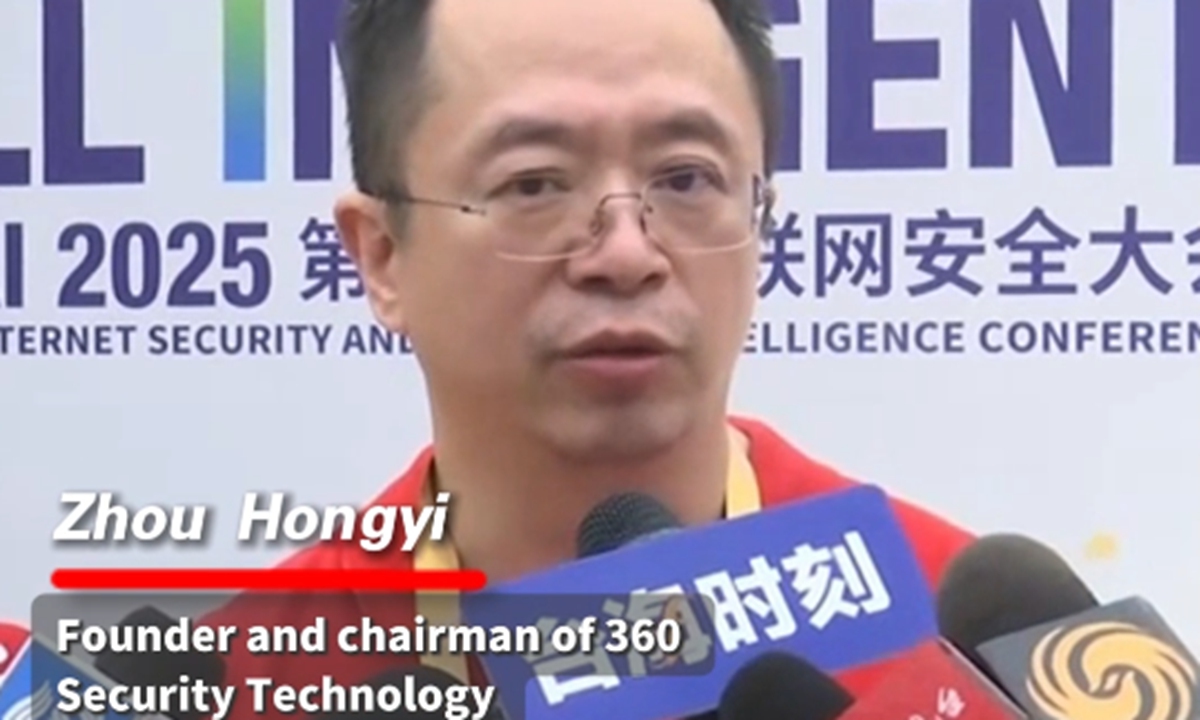Taiwan's 'Cyber Army' Lacks Bite, Claims 360 Founder - Cybersecurity Concerns Rise

Concerns are mounting over Taiwan's cybersecurity defenses after a prominent figure in the industry delivered a stark assessment of the island's 'cyber army.' Qiu Yongzheng, founder of Chinese cybersecurity firm 360 Security Technology, has stated that Taiwan's cyberattack capabilities are “below average,” sparking debate and prompting calls for increased investment and training.
Qiu’s comments, made during a recent online forum, have resonated within the cybersecurity community and beyond. He didn't elaborate on specific vulnerabilities or weaknesses, but the implication is clear: Taiwan's ability to retaliate effectively against cyberattacks is limited.
Why This Matters: Geopolitical Context
Taiwan's strategic importance in the global landscape makes it a prime target for cyberattacks. The island, a hub for semiconductor manufacturing and a key player in international trade, faces constant threats from state-sponsored actors and criminal groups. A robust cybersecurity posture is critical for maintaining stability and protecting vital infrastructure.
Assessing Taiwan's Cybersecurity Landscape
While Taiwan has made strides in recent years to bolster its cybersecurity defenses, challenges remain. These include:
- Talent Shortage: A persistent shortage of skilled cybersecurity professionals hinders the island's ability to effectively monitor and respond to threats.
- Legacy Systems: Many critical infrastructure systems rely on outdated technology, making them vulnerable to exploitation.
- Coordination Gaps: Collaboration between government agencies, private sector companies, and research institutions could be improved.
- Limited Offensive Capabilities: As Qiu Yongzheng pointed out, Taiwan's offensive cyber capabilities appear to be lacking, potentially limiting its ability to deter or respond to attacks.
360's Perspective and Broader Implications
360 Security Technology is a major player in the cybersecurity industry, known for its antivirus software and threat intelligence. Qiu Yongzheng's assessment carries weight, given his expertise and experience. His remarks highlight the need for Taiwan to prioritize cybersecurity and invest in developing a more robust defense strategy.
The criticism also raises broader questions about the cybersecurity preparedness of other nations facing geopolitical tensions. It underscores the importance of proactive measures, including:
- Investing in Cybersecurity Education and Training: Developing a skilled workforce is essential.
- Modernizing Infrastructure: Replacing legacy systems with secure, up-to-date technology.
- Strengthening Public-Private Partnerships: Fostering collaboration between government and industry.
- Developing Offensive Cyber Capabilities: While controversial, a credible offensive capability can act as a deterrent.
Looking Ahead
Taiwan's government has acknowledged the importance of cybersecurity and has outlined plans to strengthen defenses. However, Qiu Yongzheng's comments serve as a wake-up call. Addressing the identified weaknesses and investing in a comprehensive cybersecurity strategy is crucial for protecting Taiwan's interests and ensuring its continued prosperity. The ongoing geopolitical climate demands a heightened level of vigilance and proactive action to mitigate the growing cyber threat landscape.






